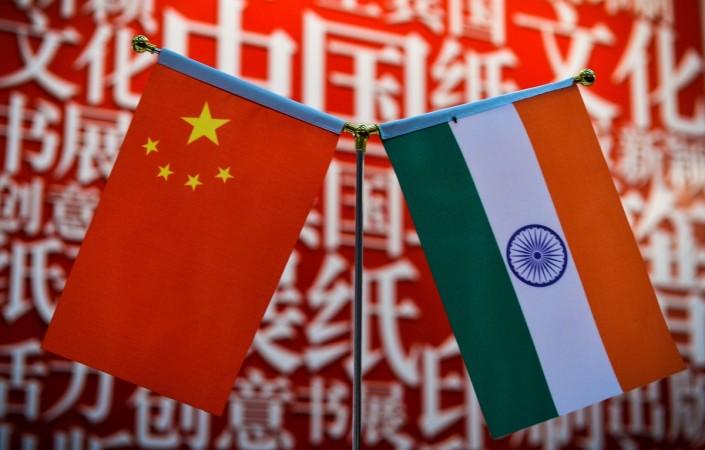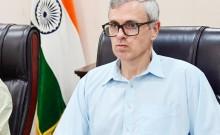
The Indian government has denied permission to hold this year's Asian Security Conference, a premier security conclave held annually in New Delhi, sources with direct knowledge of the matter said.
The government wants to avoid a public debate on the security threat posed by China – the conference's theme this year -- at a time tensions with the northern neighbour continue over Doklam, and when efforts are on by both countries to mend fences, the sources said. They spoke on the condition of anonymity as they were not authorized to speak on the matter.
The Asian Security Conference (ASC), now into its second decade, is the flagship event of India's oldest think tank, the Institute for Defence Studies and Analyses (IDSA). While the government has not given an official reason for withholding the permission, sources in the IDSA said the government could be uncomfortable because the conference -- originally scheduled for March 6-8 -- would have closely followed the visit to Beijing late in February by India's foreign secretary Vijay Gokhale.
Gokhale, an old China hand, was deployed to use his experience and familiarity with the Middle Kingdom to soothe the frayed relations between the neighbors. The two countries agreed on a bilateral engagement calendar during Gokhale's visit, reports said.
Earlier this month Gokhale had written to the cabinet secretary to stop senior Indian political leaders and dignitaries from participating in 'Thank You India,' a high-profile event to commemorate the Dalai Lama's exile in India, News18 reported. The Tibetan government-in-exile then postponed the event.
It is not clear if the ASC has been cancelled, or just postponed. The event details can still be seen on the IDSA's website (idsa.in/event/asc).
An email sent to the IDSA's deputy director Major General (retd.) Alok Deb did not elicit a reply at the time of publishing this article. The joint secretary in charge of the IDSA in the ministry of defense, Shambu S. Kumaran, an Indian Foreign Service officer, could not be reached over phone. An email sent to his office also did not get an immediate reply. This article will be updated if and when these replies are received.
The IDSA, funded by the defense ministry, is the only Indian think tank in the top 50 of the Global Go To Think Tank Index of the University of Pennsylvania. The conference, launched in 1999 (the year after the Pokhran nuclear tests), has since served as an important platform to project India's strategic viewpoints to a global audience.
A section of the strategic affairs community says China may be the bogeyman here. "Why should the government cancel a conference to improve relations with China when Chinese delegates were scheduled to attend it?" one of them asked. "The IDSA never promotes a one-sided view; its scholars project analyses from all angles. There are even pro-China voices. So the hawkishness argument is hollow."
These analysts say that the external affairs ministry is ignoring the IDSA while generously funding events at private think tanks like the Observer Research Foundation (ORF), and foreign-origin institutions like Carnegie India and the Brookings Institution. The Raisina Dialogue, which is hosted by the ORF, has in recent years been elevated by the Narendra Modi government to an Indian version of the Shangri-La Dialogue, with the external affairs ministry directly involved in its organizing. "It is more like an attempt to sideline the institute," the analyst who questioned the China explanation said.
A prominent defense analyst, who had earlier held a senior position at the IDSA, told International Business Times India that defense minister Nirmala Sitharaman, the president of the think tank, also sits on the board of the India Foundation, a think tank promoted by BJP general secretary Ram Madhav, among others.
The analyst called it a "conflict of interest" and added that former defense minister Manohar Parikkar was, in contrast to Sitharaman, quite supportive of the IDSA.
Another senior analyst who did not want to be named, said: "IDSA is a great institution. They (the government) are letting it go to the dogs."
Some in the community are drawing parallels to what is happening with the IDSA with what they characterize as the NDA government's attempts to change the character of institutions like the Jawaharlal Nehru University (JNU) and Nehru Memorial Museum and Library (NMML) through official appointees. But former defense minister and senior Congress leader A.K. Anthony refused to comment on the issue, saying he was busy with attending Parliament and party sessions.












